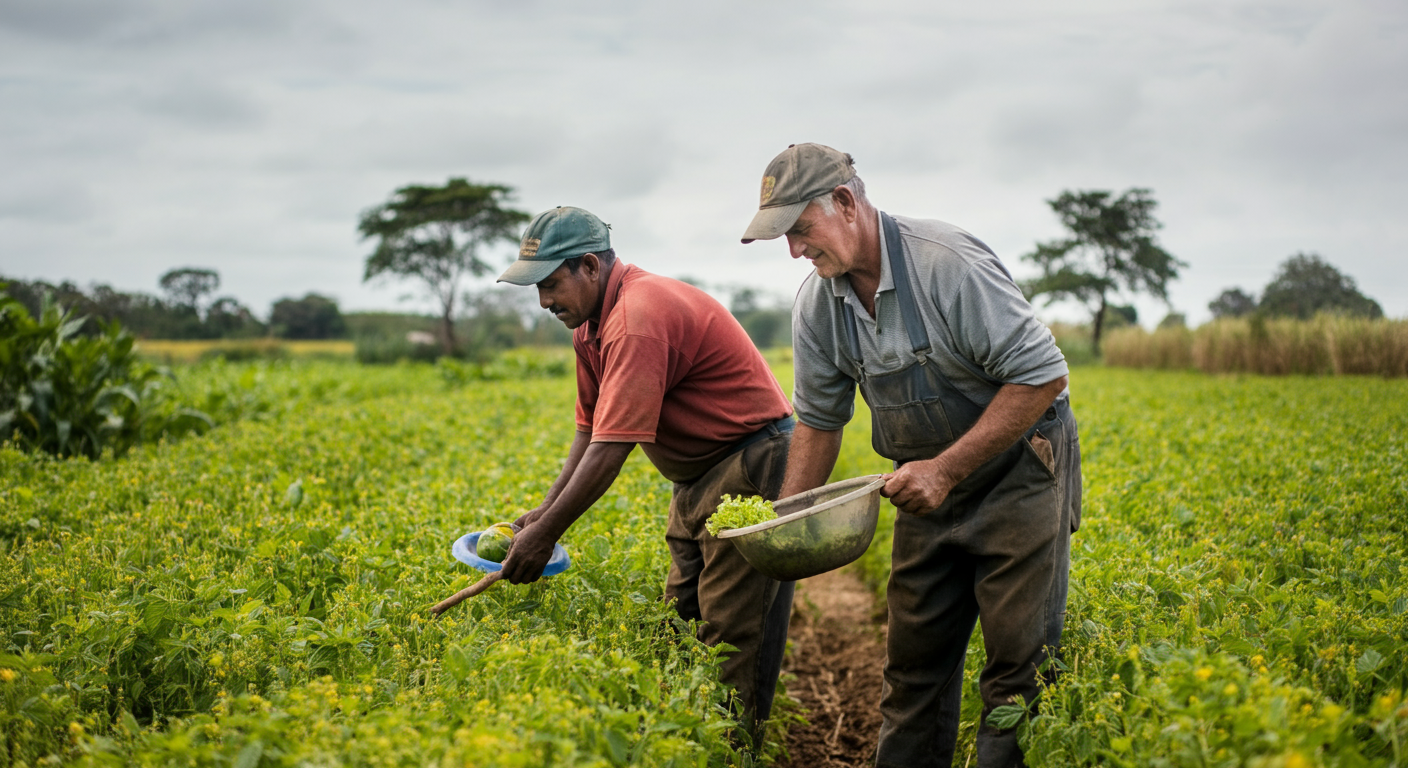The Impact of Global Trade on Local Farmers
Global trade has transformed economies, connecting markets across continents and making products from distant lands accessible to consumers worldwide. While this interconnectedness has brought many benefits—lower prices, greater variety, and economic growth—it has also created challenges, particularly for local farmers. The effects of global trade on small-scale agriculture are complex, with both opportunities and hardships shaping the future of farming communities.

The Benefits of Global Trade for Farmers
For some local farmers, global trade opens doors to new markets. By exporting their goods, they can reach consumers willing to pay premium prices for high-quality or specialty products, such as organic produce, coffee, or spices. This can lead to increased income and economic stability, especially for farmers in developing countries where domestic demand may be limited.
Additionally, global trade can introduce farmers to advanced agricultural technologies and practices. Exposure to international standards may encourage more efficient farming methods, better crop yields, and sustainable practices that benefit both the environment and long-term profitability.
The Challenges Faced by Local Farmers
Despite these advantages, many small-scale farmers struggle to compete in a globalized market. Large agribusinesses and subsidized farms in wealthier nations often dominate trade, flooding markets with cheaper products that undercut local prices. For example, imported grains or dairy products sold at lower costs can make it difficult for domestic farmers to sustain their livelihoods.
Trade agreements sometimes favor industrialized agriculture, leaving small farmers with little bargaining power. Additionally, fluctuating global prices—driven by factors like climate change, political instability, or shifts in demand—can create uncertainty, making it hard for farmers to plan for the future.
The Social and Cultural Impact
Beyond economics, global trade can also affect rural communities socially and culturally. When farming becomes less viable, younger generations may leave for urban areas or other industries, leading to a decline in traditional agricultural knowledge and rural depopulation. This shift can weaken community ties and alter local food systems that have sustained regions for generations.
Finding Balance: Supporting Local Farmers
While global trade is unlikely to reverse, there are ways to mitigate its negative effects on small farmers:
- Fair Trade Practices – Supporting fair trade ensures farmers receive equitable wages and work under ethical conditions.
- Local Consumer Choices – Buying locally grown products helps sustain small farms and reduces dependency on imported goods.
- Government Policies – Subsidies, tariffs, and agricultural support programs can protect domestic farmers from unfair competition.
- Sustainable Farming Initiatives – Encouraging eco-friendly practices can make local farming more resilient and marketable.
A Thoughtful Approach to the Future
Global trade is a powerful force, but its impact on local farmers depends on how it is managed. By fostering fairer trade systems and valuing the role of small-scale agriculture, we can create a more balanced global food economy—one that benefits both producers and consumers without leaving vulnerable communities behind.
In the end, the goal should not be to resist globalization but to shape it in a way that respects and supports the farmers who feed the world.